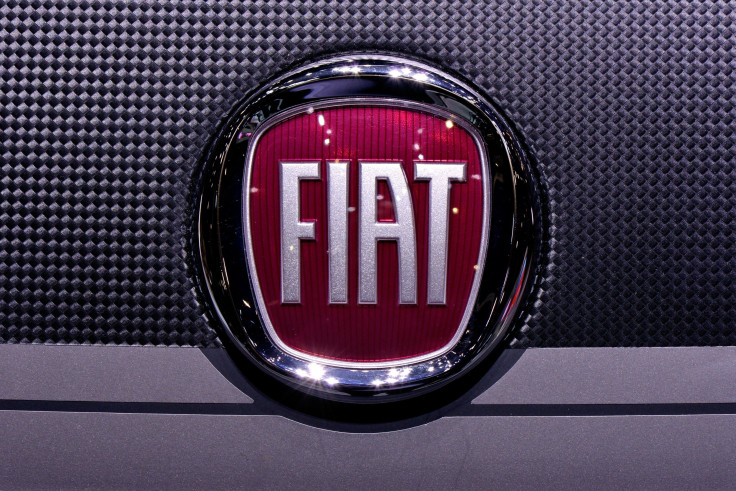Fiat Chrysler Emissions Update: Shares Slump Amid Possible German Sales Ban

Fiat Chrysler shares slumped to a three-month low Monday as a fight over alleged emissions cheating worried investors and the possibility of a German sales ban loomed. German newspaper Bild had accused the Italian-American automaker of manipulating emissions tests to appear more environmentally friendly, while the company insisted it was in compliance with regulations, and testing could be conducted only in Italy, where its regional operations are located.
The company's shares dipped as much as 4.4 percent to 6.03 euros, or approximately $6.76. The dip came just days after Fiat leadership refused to meet with German Transport Minister Alexander Dobrindt to discuss the allegations of emissions cheating, saying only the Italian authorities had the power to regulate their emissions and that they had been found in compliance.
“If the Italian authorities are content with Fiat’s vehicles, then unless the German authorities can demonstrate to the Italians that they are missing something in their interpretation, we don’t expect any repercussions for the carmaker,” Arndt Ellinghorst, an analyst at investment banking firm Evercore ISI in London, wrote in a statement to clients.
German regulators could ban sales of the cars in the country, however, and the German transport minister has been explicit in his criticism of Fiat’s handling of the allegations. “This uncooperative attitude of Fiat is completely incomprehensible,” Dobrindt said.
Allegations concerning emissions cheating in Fiat Chrysler surfaced several months after a worldwide scandal broke in September over German automaker Volkswagen. Following testing in a U.S. research laboratory, scientists discovered Volkswagen had installed a so-called defeat device, or cheating software, in millions of its diesel engines worldwide. The software allowed the cars to pass emissions road tests despite sometimes emitting up to 40 times the legal limit of nitrogen oxides.
© Copyright IBTimes 2025. All rights reserved.






















